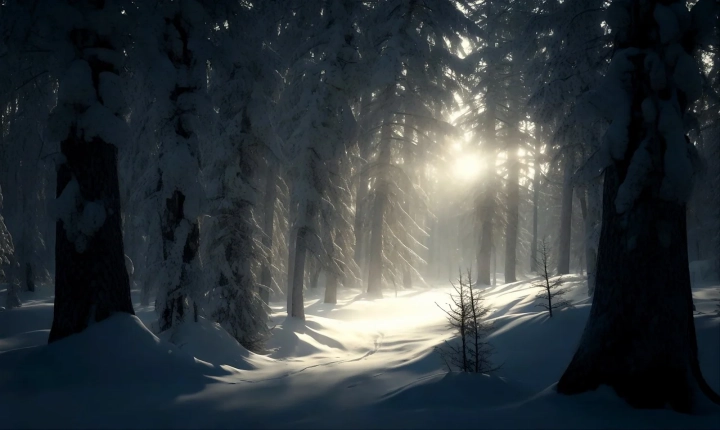AI in Photography: A Game-Changer in the Art of Capturing Moments
In the world of photography, the advancement of technology has played a significant role in shaping the way we capture and preserve memories. With the rise of artificial intelligence (AI), the art of photography has been revolutionized, allowing photographers to explore new possibilities and push the boundaries of their creativity.
AI has enabled photographers to access powerful tools and algorithms that can enhance their photos in ways that were once unimaginable. From automatic image enhancement to advanced photo editing, AI has transformed the way photographers approach their craft. With AI-powered cameras and editing software, photographers can now accomplish feats that once required extensive technical knowledge and experience.
One of the most significant advancements in AI photography is the advent of AI photo editing tools. These tools use machine learning algorithms to analyze and interpret images, allowing for automatic adjustments to exposure, color balance, and composition. This not only saves time for photographers but also enhances the quality of their work, allowing them to express their creativity without being hindered by technical barriers.
Another area where AI is making a profound impact is in the field of image recognition. AI-powered cameras and software can now recognize and categorize objects and scenes within photographs, making it easier for photographers to organize and search through their extensive libraries of images. This not only saves photographers time but also allows them to focus more on the creative aspects of their work.
Furthermore, AI is enabling photographers to break free from traditional editing constraints and explore new artistic possibilities. With the help of AI, photographers can experiment with surreal and abstract effects, create stunning composite images, and seamlessly integrate elements from multiple photos. This level of creative freedom and expression was previously difficult to achieve without extensive technical expertise.
AI is also transforming the way photographers engage with their audience. With the rise of social media and digital platforms, photographers are using AI-powered tools to analyze trends, understand audience preferences, and tailor their content to reach a wider audience. This allows photographers to connect with their audience on a deeper level, and also helps them stay ahead of the curve in a rapidly evolving digital landscape.
While AI has undoubtedly brought about numerous positive changes in the field of photography, it also raises questions about the future of this art form. As AI continues to advance, there is a concern that it may replace traditional photography skills, leading to a potential loss of the human touch in the art of capturing moments. Additionally, the ethical implications of AI-generated imagery are also a topic of debate, especially in relation to issues such as photo manipulation and digital privacy.
Despite these concerns, it is evident that AI has fundamentally changed the landscape of photography, offering new possibilities, efficiencies, and creative avenues for photographers. With the continued development of AI technology, the future of photography holds immense potential for innovation and artistic exploration.
In conclusion, AI has undoubtedly had a transformative impact on the world of photography, reshaping the way we capture, edit, and engage with images. As photographers continue to harness the power of AI, the art of photography is likely to evolve further, allowing for new forms of creativity and expression to emerge. Whether one embraces or questions the role of AI in photography, it is clear that this technology is reshaping the way we perceive and interact with visual imagery.
